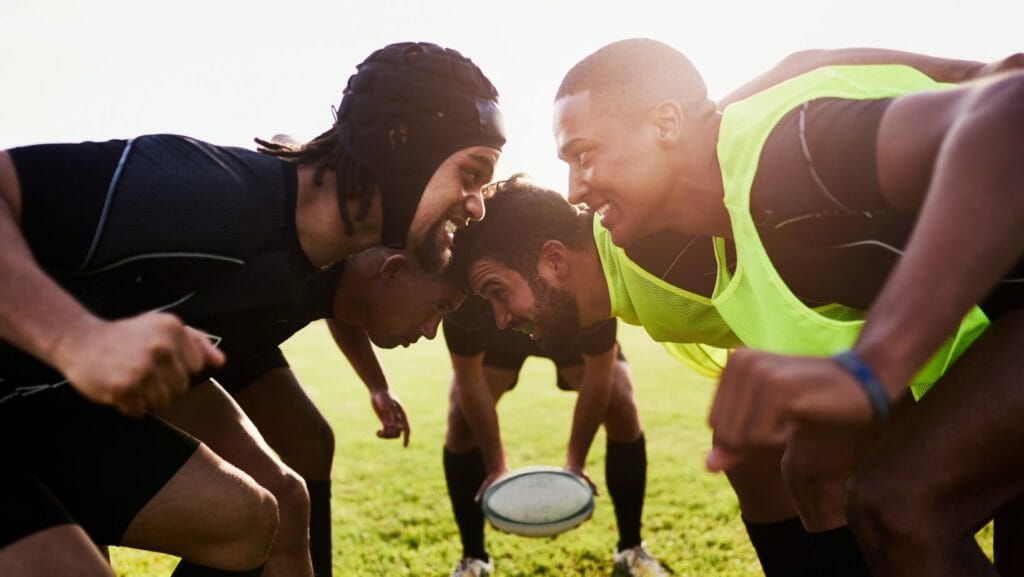Contact sports are one of the leading causes of brain injuries—especially in children, teenagers, and young adults. According to data cited by the American Association of Neurological Surgeons (AANS), more than ten percent of all traumatic brain injuries (TBIs) suffered in the United States occur during recreational sports.
This raises an important question: Can a contact sports injury result in permanent brain damage? The answer is ‘yes’—though it will always depend on the specific nature and severity of the head injury. In this article, you will find an overview of the key things to know about sports injuries and long-term brain damage.
A Traumatic Brain Injury (TBI) Can Cause Permanent Damage
As a starting point, it is important to emphasize that a concussion or traumatic brain injury (TBI) can cause permanent brain damage. Alarmingly, concussions and TBIs are frequently associated with long-term or even permanent brain damage. A moderate or even mild concussion could cause long-term physical, psychological, or emotional impairments.
What You Need to Know About Chronic Traumatic Encephalopathy (CTE)
Perhaps the most well-known type of permanent brain damage related to sports injury is chronic traumatic encephalopathy (CTE). In 2013, the National Football League (NFL) entered a $765 million settlement with its former players regarding CTE. Chronic traumatic encephalopathy is a term used to describe gradually brain degeneration caused by repeated blows/trauma to the head. Both concussions and sub-concussive head trauma can contribute to CTE. Unfortunately, CTE is a very serious medical condition. It has been linked to:
- Aggression;
- Anger management problems;
- Depression;
- Anxiety;
- Suicidal ideation;
- Parkinson’s disease;
- Short-term memory loss;
- Progressive dementia

The Proper Diagnostic and Rehabilitative Care Can Make a Difference
Brain damage is complicated. Whether or not a contact sports injury will lead to brain damage (short-term, long-term, or permanent) depends on many factors. One thing that is well-known is that the proper diagnosis and rehabilitative care can make an important difference. On the other hand, an athlete who is allowed to continue to play while recovering from a concussion or TBI is at a heightened risk of facing more severe medical complications. It is imperative that all athletes—especially children and teenagers—get proper care after suffering a head injury playing contact sports.

Athletes Assume Certain Risk—But Negligent Parties May Be Liable for a Brain Injury
Did you or your child suffer a serious brain injury while playing sports—organized or otherwise? If so, you may be considering filing a personal injury claim against the at-fault party. While personal injury laws vary somewhat from state-to-state, there is an important legal doctrine that you need to be aware of called the ‘assumption of risk’ doctrine.
In effect, it holds that parties may be barred from recovering personal injury compensation if they voluntarily assumed certain well-known risks associated with an activity. The doctrine is often raised in sports injury claims. That being said, it is still possible to pursue liability for a traumatic brain injury in a sports injury case. A plaintiff must prove that the defendant’s negligence contributed to their traumatic brain injury to recover compensation.


